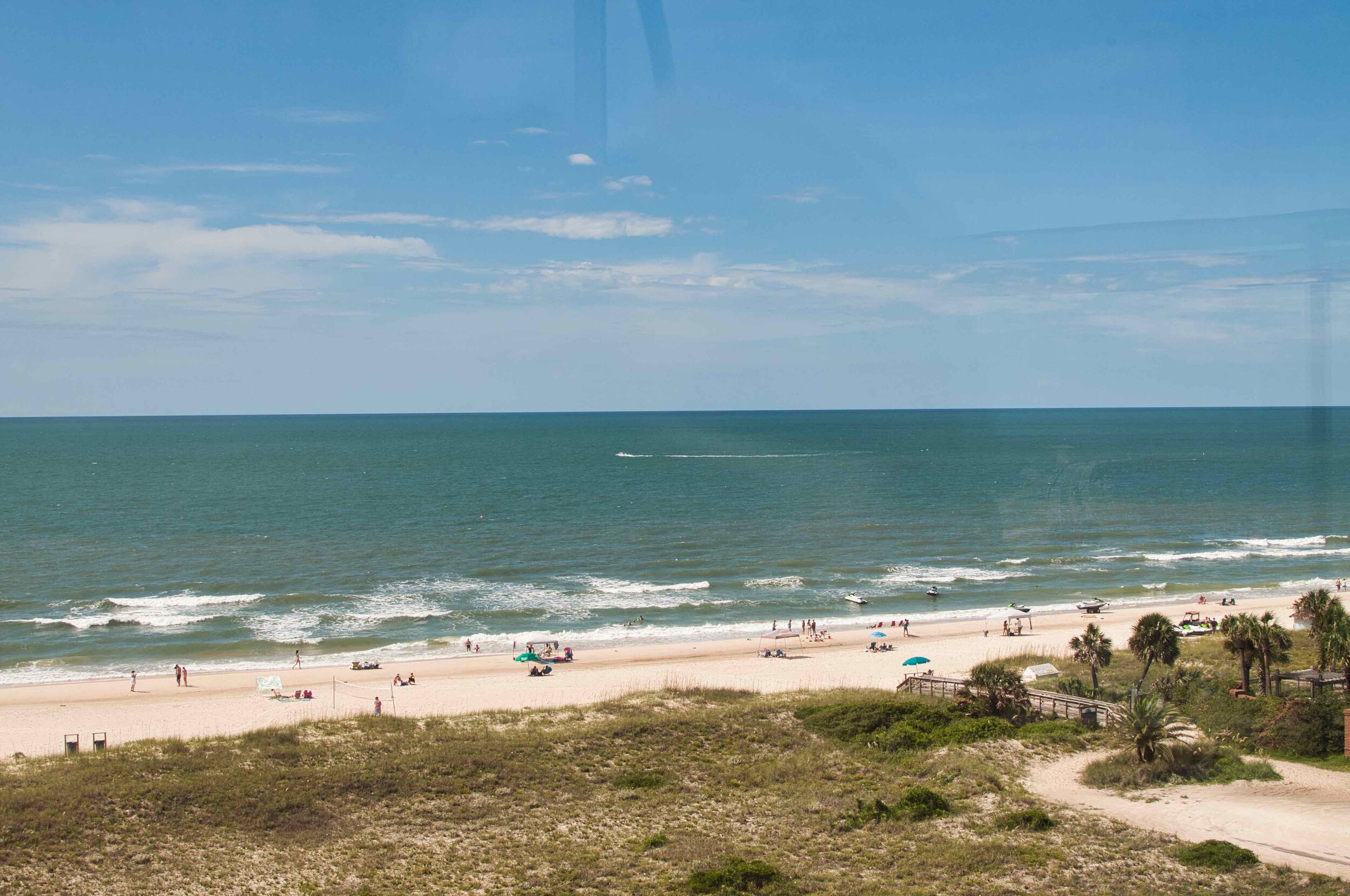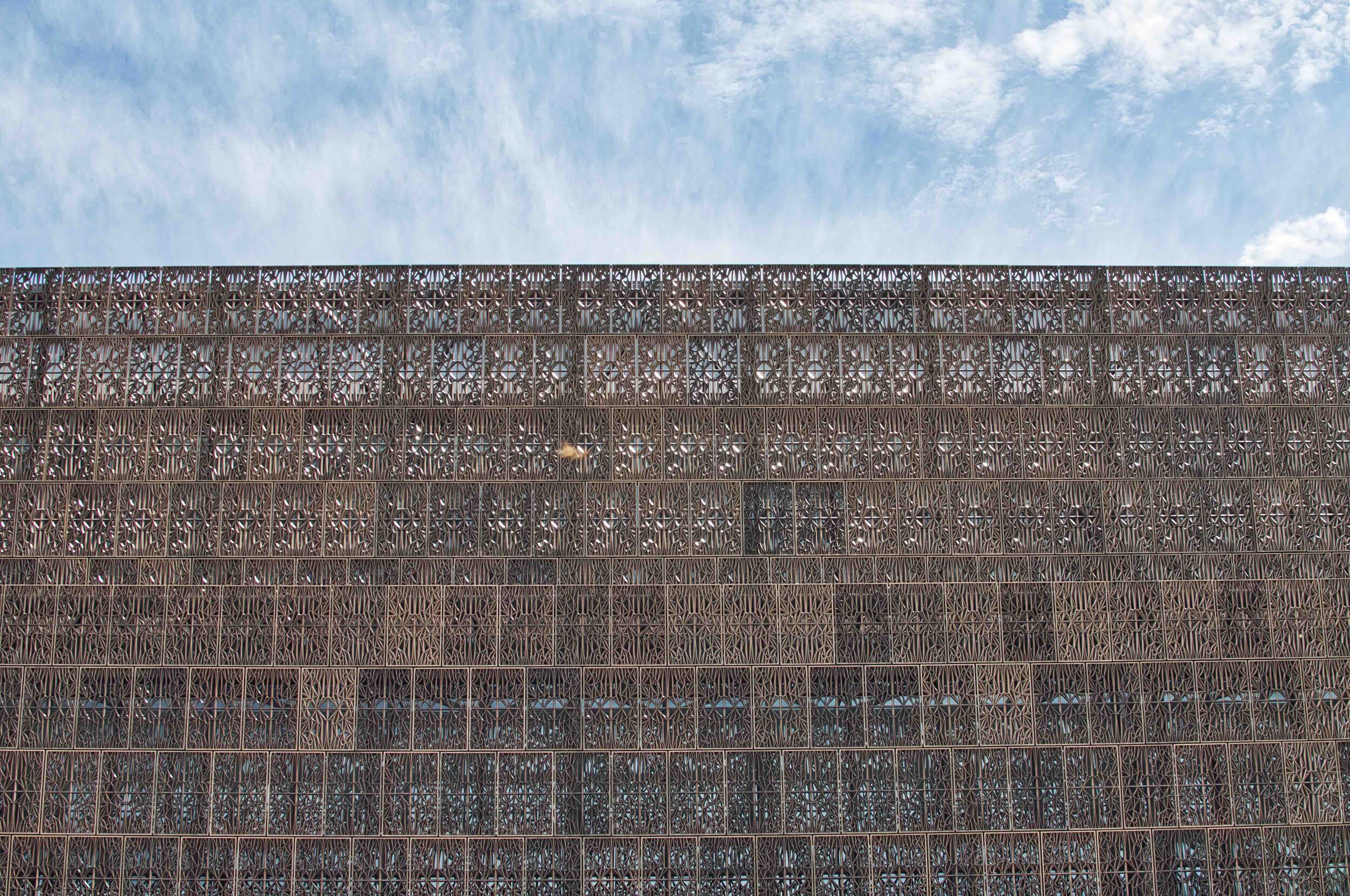For many of us these are the most uncertain, frightening times we’ve ever experienced. Not only are we going through a historic sociopolitical shift, but there’s the pandemic in the short term and climate change in the long term…and we have no idea how any of it will turn out. It’s normal to find this uncertainty overwhelming. Desiring certainty in our lives is an evolutionary tactic, after all: certainty ups our chances of survival. But I think most of the advice out there about how to deal emotionally with uncertainty takes the wrong approach. Trying to “get better” at handling it is a waste of energy because you’re fighting against your own nature. We are hardwired to hate uncertainty.
What can help is understanding the role your personality plays in your experience of uncertainty, and recognizing the coping mechanisms you already have in your toolkit. Below I detail four personality archetypes and how they react to uncertainty. These are archetypes, which means real people can span several or all categories. I explore each archetype through its relationship to the following:
Time. Our conceptualization of uncertainty is based on how we experience time, because time is how change occurs. We spend an enormous amount of energy either living in the past, trying to influence the present, or predicting the future. Understanding our particular relationship with time can help us understand our fundamental reactions to uncertainty.
Traditional institutions of society. These include, inter alia, the structure of our politics, the public institutions charged with protecting our wellbeing, and the organizations we work for. People have differing reactions when our institutions begin to misfunction, as we are seeing now. Our attitudes toward these institutions and our reactions to their breakdown can be taken as a proxy for how we tend to deal with uncertainty.
Point of overwhelm. Everyone has that limit where they are exhausted in their effort to handle uncertainty. The ways people behave when they reach this point can be considered the extreme manifestation of the coping tendencies of their personality. Being in a place of overwhelm, therefore, can actually help you understand how you can develop your native coping skills.
The Stockpiler
The Stockpiler highly values security, and they spend much of their energy ensuring security for themselves and their families. Their focus is on the circumstances of the immediate present, such as money, home, and relationships, and their actions are guided by their imagining of the future. In times of great uncertainty, this imagining becomes fear based; they turn inward, becoming more protective of their home and family. When they feel they can no longer trust the word to provide them with security, they look for ways to increase self-sufficiency.
This type of person (remember, these are archetypes) generally does well in traditional institutions because of the security and protection they provide. They are attracted to organized systems where there is a clear and competent leadership structure. When institutions shows signs of breaking down, they are prone to see an acute and all-encompassing catastrophe looming.
At their point of overwhelm, the Stockpiler may resort to forms of hoarding as a hedge against the coming catastrophe. Preppers are an extreme example of this. It’s important to realize that the imagined future driving this kind of anxiety is just that: it’s imagination. Most societal catastrophes actually unfold over long periods of time and their impacts are variable across society. The key to a healthy coping mechanism for the Stockpiler is therefore focus: concentrating on activities that involve creating both order and useful resources (i.e. veggie gardening).
The Spark Plug
Do you know someone who is determinedly positive, who almost refuses to acknowledge any darkness? This is the Spark Plug. When met with challenges they dig in and glare those challenges right in the eye. They are likely to say things like, “I don’t have time for unhappiness or worry.” Their focus is on generating positive energy, and they spend this energy on transforming their present circumstances in positive ways. They are the type who make a special meal from leftovers.
The Spark Plug is focused solely on the present, but their instinct, rather than being protective like the Stockpiler, is for improvement. Something can always be done to make things more pleasant, fun, and beautiful. This type of person also does well in traditional institutions, and during normal times they are a combination of both driven and adaptable. During times of uncertainty they double down on these qualities.
The Spark Plug’s point of overwhelm can manifest in martyr behavior. Like the Stockpiler, their need for control over circumstances is strong, and when pushed to extremes they meet this need through frenetic action that may not actually accomplish anything other than keeping them busy until they burn out. They key to a healthy coping mechanism for the Spark Plug is therefore grounding: filling their days with activities that contribute to the betterment of their environment or the people around them and involve some aspect of self-care (i.e. a meditation circle).
The Troubadour
The Troubadour is an observer of the world, and so they always sit apart. Their energy is used primarily internally, in forming understandings of human nature and what they might call “the way of things.” They share this knowledge through functioning as a mirror to society, filling the roles of artist, scholar, counselor, or similar. But their priority is their relationship with their own mind, and so they rarely become wholly invested in the here and now. The Troubadour’s focus is understanding the links between past, present, and future, but they tend to live in the past, as history informs this understanding.
The Troubadour does not generally fit well into societal institutions because they must always maintain a separation between themselves and the world in order to accomplish their purpose, the generation of knowledge. The Troubadour can react to eras of turbulence almost complacently, because they see change both as the constant condition of life and as cyclical: the world has been through many times of great upheaval and uncertainty and will again in the future. While the Troubadour cares deeply for humanity, they tend to feel that they are separate from it. They may suffer from a dissociative sense that they themselves are not quite as “real” as other people.
Their point of overwhelm is found in this contradiction: the deep concern for the human condition and their desire and need to remain apart. The Troubadour who immerses themselves in the troubles of humanity is quickly exhausted, but the Troubadour who always holds themselves apart can become lonely and bitter. The key to a healthy coping mechanism for the Troubadour is therefore balance: carving out strict boundaries between people time and self time, and enforcing these without guilt.
The Renegade
The Renegade expends their energy in active rejection of conventional mores, and focus on making life meaningful rather than the acquisition of resources. In this they share the inquiring vagabond spirit of the Troubadour. The Renegade functions somewhat out of time, as they are the type that is the least likely to get bogged down by the past or obsess over an imagined future. They skip through the present lightly, as they are never satisfied with the status quo. The Renegade is often an activist, and works to transform the present into a better future.
Because of their rebel spirit, the Renegade not only does not function well within traditional institutions, but is usually wholly uninterested in trying. Unlike the Spark Plug, who seeks to improve institutions from within, the Renegade wants to tear them down and build better ones. During times of uncertainty the Renegade sees opportunity to remake the world, and may actually thrive on the chaos. Alternatively, they may be so anti-institution they peace out altogether.
Their point of overwhelm is exactly this: their tendency to throw themselves into the whirlpool and lose sight of the possible in their pursuit of a beautiful but improbable dream. They either get addicted to the high of constant agitation and make change that is counterproductive, or they can recede into their own heads, absenting themselves from reality entirely. The key to a healthy coping mechanism for the Renegade is therefore perspective: learning to live with their own limitations and those of others, and to pick their battles.
Do you see yourself in one of these, several, or all of them? Hopefully they can help you recognize your instinctual reactions to uncertainty and how to develop them in positive ways. Remember, none of us is doing uncertainty wrong! We sometimes just take what are healthy coping mechanisms a little too far under the mistaken and usually unconscious assumption that more is better. Sometimes all we need is to dial it back. This may feel like you’re losing control, but it is actually you gaining control. So you can stop exhausting yourself by trying to learn how deal with uncertainty “better” – you already have all the skills you need.


















